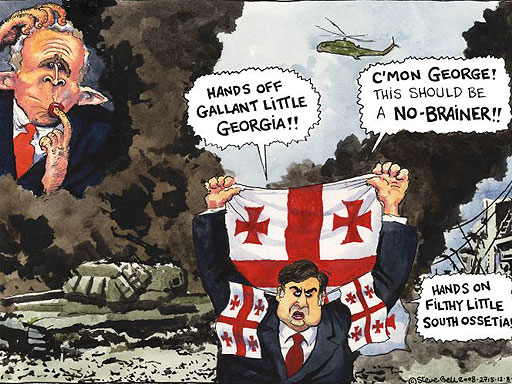In the article specially written for Valdai Discussion Club Alexei Fenenko explores the intricate relationship between two first rank countries.
At first sight, the negativity in Russian-British relations seems quite strange. The two countries have developed a set of stabilizing bonds. Russian businesses are willing to invest in the British economy and buy property in the UK. Also, Russians consider it prestigious to have been educated in Britain.
Since the Cold War, American and British diplomats have had a special division of labor. Washington has conducted arms control negotiations with the Soviet Union and then Russia. And Britain was responsible for fostering a negative perception of Soviet (and later Russian) actions. Naturally, this is why the British media depicts Russia in a largely negative light.
All four British nuclear submarines are equipped with American made Trident II ballistic missiles. London also does not participate in the Washington Treaty (1987) on intermediate- and shorter-range missiles. Theoretically, the United States can bypass the START treatys limits and resume the production of medium-range missiles in a joint program with Britain. Therefore, Moscow believes that Britain undermines the arms control regime between the United States and Russia
Read full article : valdaiclub.com/content/why-it-difficult-russia-maintain-friendly-relations-great-britain
Join our discussion on facebook.com/valdaiclub/
At first sight, the negativity in Russian-British relations seems quite strange. The two countries have developed a set of stabilizing bonds. Russian businesses are willing to invest in the British economy and buy property in the UK. Also, Russians consider it prestigious to have been educated in Britain.
Since the Cold War, American and British diplomats have had a special division of labor. Washington has conducted arms control negotiations with the Soviet Union and then Russia. And Britain was responsible for fostering a negative perception of Soviet (and later Russian) actions. Naturally, this is why the British media depicts Russia in a largely negative light.
All four British nuclear submarines are equipped with American made Trident II ballistic missiles. London also does not participate in the Washington Treaty (1987) on intermediate- and shorter-range missiles. Theoretically, the United States can bypass the START treatys limits and resume the production of medium-range missiles in a joint program with Britain. Therefore, Moscow believes that Britain undermines the arms control regime between the United States and Russia
Read full article : valdaiclub.com/content/why-it-difficult-russia-maintain-friendly-relations-great-britain
Join our discussion on facebook.com/valdaiclub/


